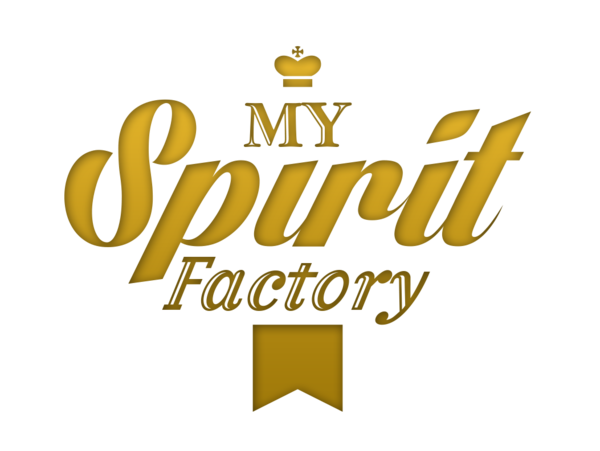Bold sensorial marketing: can we create limited editions of spirits bearing the effigy of hotel and restaurant brands to enhance the customer experience?
SPIRITS GROUPS SUPPLY VOLUMES OF GLOBALLY RECOGNIZED AND DISTRIBUTED BRANDS.
The major hotel and restaurant chains have contracts with alcohol groups that allow them to acquire the bottles at the best price, accompanied by free gifts and merchandising. This is where the strength of Diageo, Bacardi or Pernod-Ricard, for example, lies.
Spirits brands are implementing various strategies including premiumisation of their ranges and server training to improve the customer experience. In addition, bartenders compete in ingenuity to offer new sensations.
The same bottles can therefore be found more or less in hotel bars, clubs and restaurants. And if customers come and share a $300 bottle of Grey Gose in a Miami club, they won't want another less expensive brand that isn't collectively recognized as carrying ultra premium values.
But what about bottles of vodka or any other spirits with a club label on them?
CONSIDER A LIMITED EDITION OF SPIRITS BEARING THE EFFIGY OF HOTEL AND RESTAURANT BRANDS AS A UNIQUE EXPERIENCE.
Let's imagine for a moment a hotel and restaurant group whose sites have the peculiarity of being located on the beaches: the wicker furniture, the customers and even the DJ have their feet in the sand. Guests order vodka as the sun sets and sets the sky ablaze. The sea breeze makes the flags click with the sign's logo: a stylized wave. Meanwhile, the music gradually intensifies...
And in the middle of the bottles of Ciroc or Belvedere stand bottles with the effigy of the club. The mentions indicate that it is a vodka made in France, probably made in the Spirit Valley in Cognac by a service provider on behalf of the brand. On the shelves, the rest of the range is unveiled with cognac and gin.
What do these bottles have in common? The decoration is made of sand, identified by all as the iconic element of this hotel chain, the one that is the raison d'être of the group. It is therefore meticulously glued onto the bottle to form the wave-shaped logo. And guests who sometimes come from very far away to enter this establishment recognize the values it carries through the design of this bottle.
In addition, the logo changes colour depending on the spirit it contains: blue sand for vodka, green for gin, gold for cognac.
Few companies have mastered the art of decorating the bottle with sand that resists bottling and the humidity of ice buckets. This know-how exists in France and the hotel group is taking advantage of this opportunity to offer a unique experience to its customers: this vodka does not exist outside the dozen clubs and hotels it owns.
CAN WE CREATE LIMITED EDITIONS FOR LARGE HOTEL AND RESTAURANT GROUPS IN THE USA, FOR EXAMPLE?
To see if it is possible...food & beverage experts in the USA are welcome to answer (taking into account the 'three tiers system' of alcohol distribution):
Does creating one's own brand contradict the exclusivity clause mentioned in the contract with the alcohol merchants?
Likewise, doesn't owning its own limited edition brand allow the hotel group to negotiate with alcoholics from a position of strength?
Finally, doesn't this support offer new opportunities in terms of event creation and communication? By considering the installation of labels printed on the spot with the names of clients who have reserved a VIP table and a personalised message for example?
Of course, the idea is not to compete with the big brands and their commercial strength but to open a new path: that of spirits in the image of the club as a personalised sensorial marketing support. Because despite their efforts, alcoholists will never be able to offer such a degree of personalisation to their customers.
JÉRÔME SAVOYE
